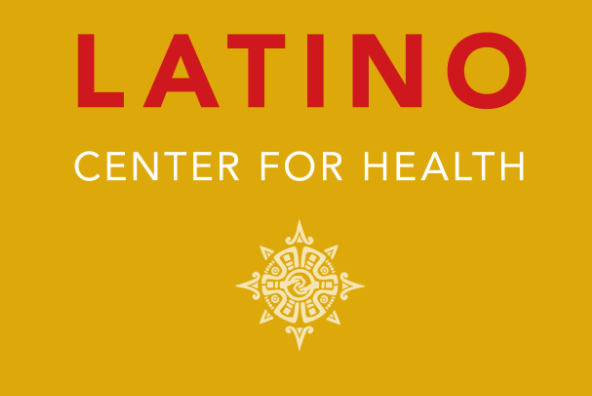

Mental health disparities increased during pandemic for Latinos in WA state
The study, “Understanding Washington Latinos’ Experiences Around COVID-19,” found that 13% and 16% of respondents scored “depression likely” and “anxiety likely”, respectively and 9% of participants’ scores indicate clinically significant comorbidity of anxiety and depression.
Prior to the COVID-19 pandemic, the prevalence of depression for men and women of all ages and races/ethnicities in WA state was 5.36% and the prevalence of anxiety was 6.54%.
The study also measured stressors that negatively impact mental health. Of all survey respondents, 39% indicated that they were unemployed, 41% reported that they were uninsured, and 57% reported having completed a high school education or less.
The study was developed by the Latino Center for Health, an organization at the University of Washington that seeks to promote health amongst Latinx communities through community-based research and advocacy. The survey was administered to patient populations of SeaMar Community Health Centers in Western Washington State, a community-based organization committed to providing quality, comprehensive health, human, housing, educational and cultural services to diverse communities, specializing in service to Latinos in Washington state.
Impacts of the pandemic
In Washington state, as of June 4, 2021, Latinos comprise nearly one third (29%) of all COVID-19 cases although they are only 13% of the state’s population.
 With the onset of the pandemic, mental health issues and symptomatology have been reported to be exacerbated among Latinos including grief due to the deaths of family members, friends and colleagues, depression and anxiety due to being an essential worker, social isolation, fears, unknowns, including uncertainty regarding vaccinations, food and housing insecurity, job loss, and other stressors.
With the onset of the pandemic, mental health issues and symptomatology have been reported to be exacerbated among Latinos including grief due to the deaths of family members, friends and colleagues, depression and anxiety due to being an essential worker, social isolation, fears, unknowns, including uncertainty regarding vaccinations, food and housing insecurity, job loss, and other stressors.
"COVID-19 has illuminated and exacerbated disparities in anxiety and depression impacting Latinos," said LCH co- Director Leo S. Morales, MD, PhD. Morales is a professor in the Division of General Internal Medicine and PI of the study.
"WA state must do much more to provide accessible, and culturally and linguistically appropriate mental health services for all Latinos in our state, including rural and urban, insured and uninsured, migrant and non-migrant, and immigrant and non-immigrant."
Potential solutions
Research has consistently identified that Latinos experience disparities in the availability, access, and provision of quality mental health care that is culturally linguistically competent; face a higher risk of practitioners misconstruing or misdiagnosing their symptoms; and are less likely to receive care consistent with evidence-based treatment.
Barriers include lack of insurance, documentation status and fear of deportation, racism, and discrimination.
A major barrier experienced by Latinos nationally and locally is the lack of a bilingual, bicultural mental health workforce. A separate study conducted by the Latino Center for Health found that among board-certified Latino physicians in WA state, only 3.1% (12/392) reported a psychiatry specialty.
Short- and long-term recommendations
As part of a policy brief to address these findings, the LCH has identified several short term and long-term recommendations for the healthcare industry and policy makers, including:
- Make temporary waivers for telehealth (telemedicine and telemental health) services permanent.
- Increase access to evidence-based, culturally responsive telephone Cognitive Behavioral Therapy (CBT) depression care.
- Incentivize college and university educational programs across the state to strengthen and enhance their equity curriculum through developing and implementing Latino mental health curriculum and tracks.